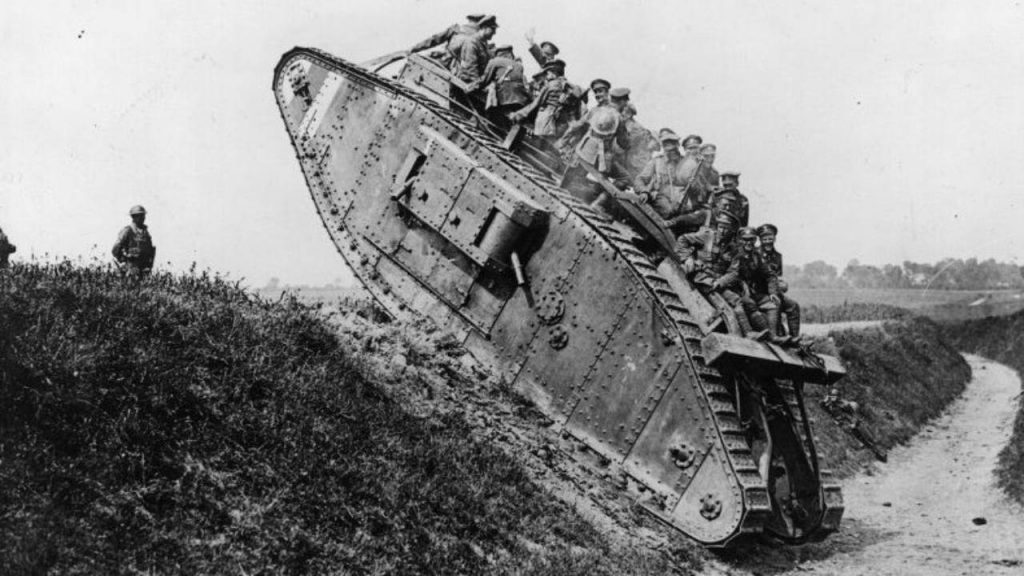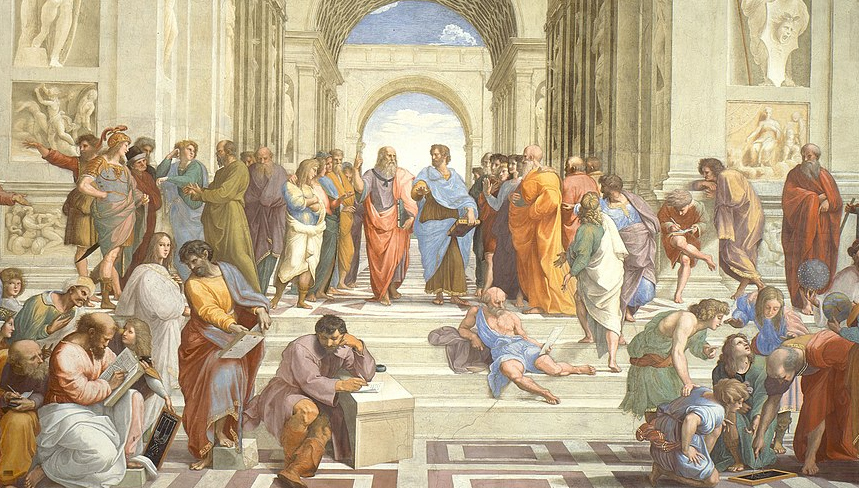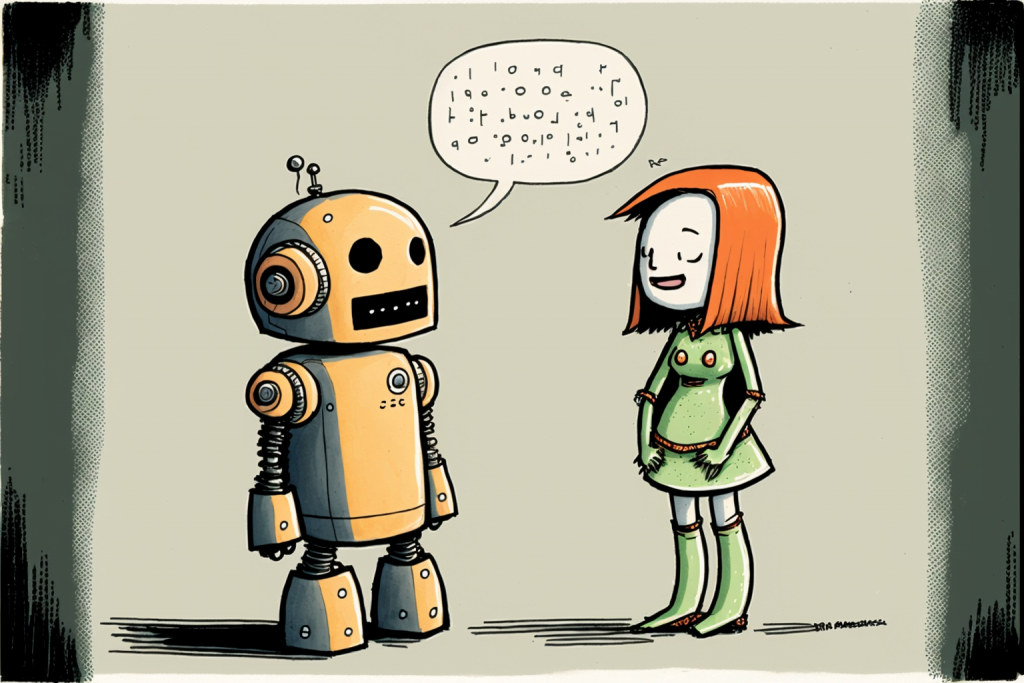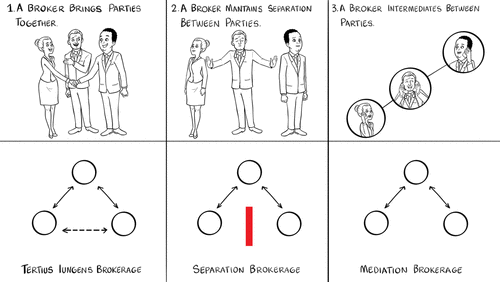
I only met Prof. Peter W. Singer, currently 38 years old and at the University of Arizona, once. As far as memory serves this was ten years ago at a conference hosted by the Norwegian Air Force where he gave a talk that impressed me both for its contents and the skill with which it was presented. Clearly here was a man to watch. And watch him I did as, just yesterday, I came across an article of his in Defense One. The title? One Year In: What Are The Lessons from Ukraine for The Future of War?
It is a question in which defense analysts and officials, officers, and commanders are vitally interested. So here is a point by-point summary of Peter’s article, along with my response to each point.
Point A. “The most obvious type of inflection point in the story of war is when a new weapon is introduced that fundamentally changes or even ends the fighting, such as the atomic bomb’s debut in World War II.”
Response: In the long run, the impact of technological innovation on war tends to be superficial. From the time when groups of men (there were few, if any, women among them) went for each other to the time when they started doing so with the aid of AI and drones, neither the essence of war, nor the principles of its conduct, nor even the methods by which it is waged, have changed very much. Attack remains attack, defense remains defense, and so on and so on. Or else how to explain the fact that some of the greatest works on war, such as those by Sun Tzu, Thucydides and Clausewitz, remain as fresh, as relevant, as they were when first written 2,500 or 200 years ago?
Point B. “One area [where technology is changing war] is the use of artificial intelligence, or AI. The conflict in Ukraine has seen various forms of AI deployed in a growing variety of ways—from using face recognition software to identify enemy soldiers to deploying machine learning to make military and aid supply chains more efficient. AI has been harnessed to advance propaganda and information warfare: Russia’s invasion in Ukraine is the first war to see the use of ‘deep fake’ videos, which blur the line between the real and machine-generated.”
Response: Soldiers have always needed to identify both friends and foes and used a variety of methods to do so. AI may perform the job faster, go through larger numbers, and (perhaps) do so more reliably; however, it does not change the essence of the problem. It can make logistics more efficient, but it does not affect either the role they play in war as a whole or the principles on which they are organized. As to information warfare: has there ever been a war in which both sides did not do their damnest to gain as much information as possible as fast as possible while at the same time endeavoring to prevent the enemy from doing the same?
Point C. Hacking, specifically including computer attacks on enemy physical assets, will play, is already playing, a growing role in warfare.
Response: True enough. However, a clear line between new-style hacking and old-style intelligence operations and sabotage is difficult to draw. Sabotage-by-computer may well be able to hit more targets, faster, at greater range, and more effectively than used to be the case when it was still carried out by humans running about. Using the right means against the right targets, it may even go some way to make the tiger, ordinary war, change its spots. But turn a tiger into, say, an ostrich?
Point D. Drones, provided with AI, will fight similar drones.
Response: Almost certainly true. But will drones change the principles of air warfare, the need to command the air above all, as laid down a century ago by Giulio Douhet? Also, the air presents those who use it to pass through with a relatively simple environment. However, given the extremely complicated environment in which infantrymen operate, will they too one day be replaced by drones/robots?
Point E. Enabled by the social media in particular, information warfare will become even more intense and even more important than it already is
Response: As I’ve said before, information has always been absolutely vital for the conduct of war. Why? Because without it no kind of organized, let alone purposeful, action is possible. Furthermore, in war as in civilian life the objective of gathering and analyzing information is to gain certainty. Judging by the countless predictions concerning the war that have not come true, technology has not made that task any easier—perhaps, to the contrary.
Point F: In response to the ubiquity of information Open source intelligence (OSINT) will gain in importance.
Response: Yes, it will. But it is useful to remember that intelligence services have been using newspapers ever since the latter were invented late in the 17th century. Since then newspapers were, and still are, used in two different ways. First, to gain information about the enemy; and second, to cheat the enemy concerning one’s own intentions.
Point G. In terms of GDP, at the time the war got under way Russia and Ukraine only ranked 9th and 56th respectively. Yet such is the effect of the media/social networks on one hand and international trade on the other that much of the world is holding its breath. This kind of thing will only increase.
Response: Of all the points Wilson makes, this one seems to me the weakest. Why? Because he overlooks the fact that these are not just two countries. Neither Russia nor Ukraine may be exactly wealthy. However, such are the size and sheer military power of Russia that its role the in the international system far exceeds its share in the latter’s GDP. Furthermore, the region they are fighting over is precisely the one geopoliticians of an earlier generation used to call “The Heartland,” control over which meant world domination. And while Ukraine may not have nukes, Russia has enough of them to wipe any other country off the map within a few hours of the order being given.
Conclusion: Technology plays a vital role in war. However, it is not everything. War will cause any new technology to quickly fall into the enemy’s hands; which in turn means that it will be quickly copied. As, for example, happened in 216 BCE when Hannibal, following his great victory at Cannae, had his fighters adopt Roman armor. Hence it is not true that, as the famous British pundit General (ret.) J. F. C. Fuller once wrote, that “weapons, if only the right ones can be found, make up ninety percent of victory.”
So it has been in the past, and so it will be in the future.


 These days when much of the world is closely watching events in Israel, I want to say that, numerous and serious as the problems are, I remain proud of my country. Here is a short list of the reasons why; for a longer one see my 2010 book, The Land of Blood and Honey.
These days when much of the world is closely watching events in Israel, I want to say that, numerous and serious as the problems are, I remain proud of my country. Here is a short list of the reasons why; for a longer one see my 2010 book, The Land of Blood and Honey.
